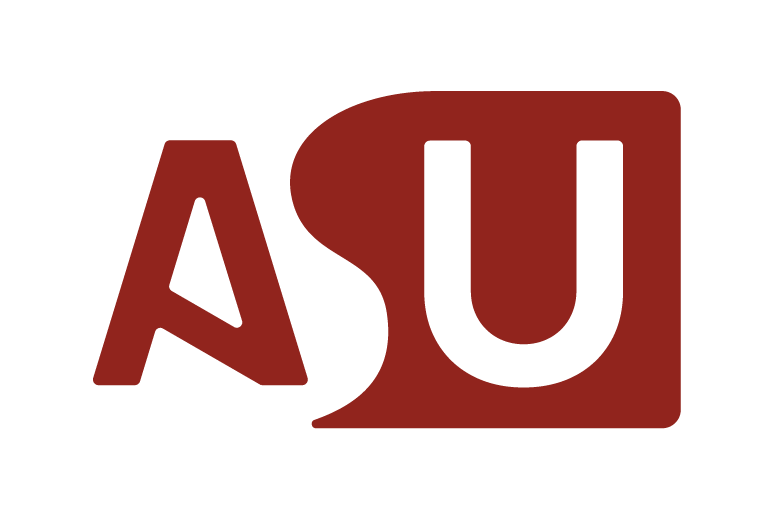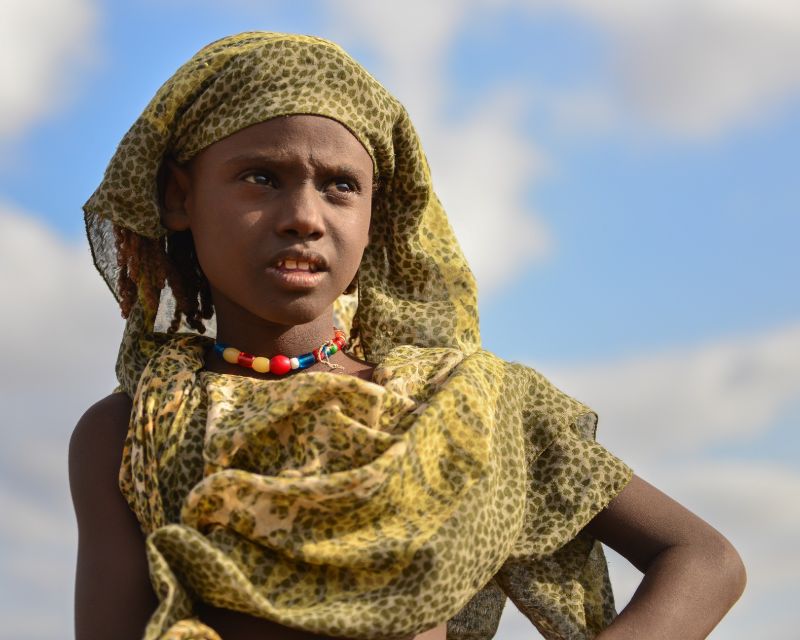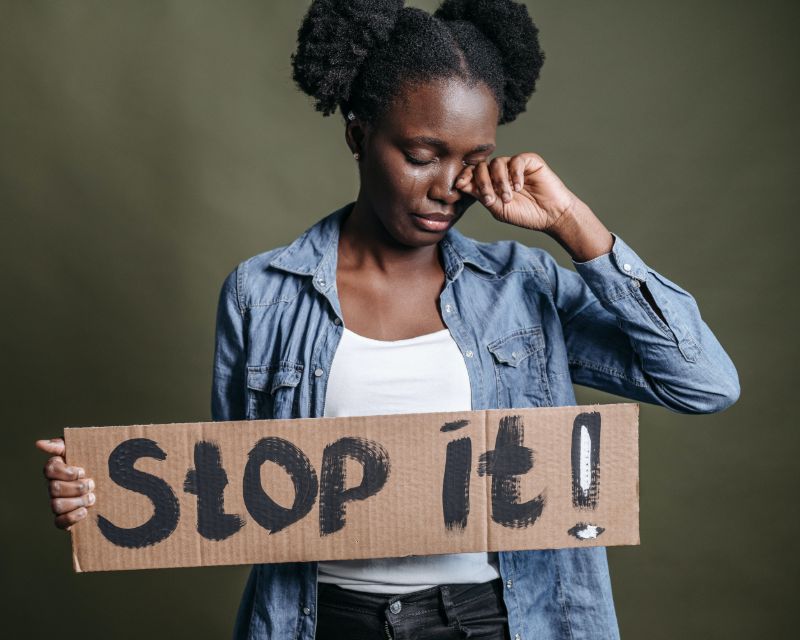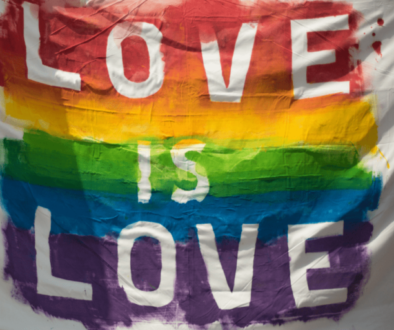The New Humanitarian Crisis of the Horn of Africa
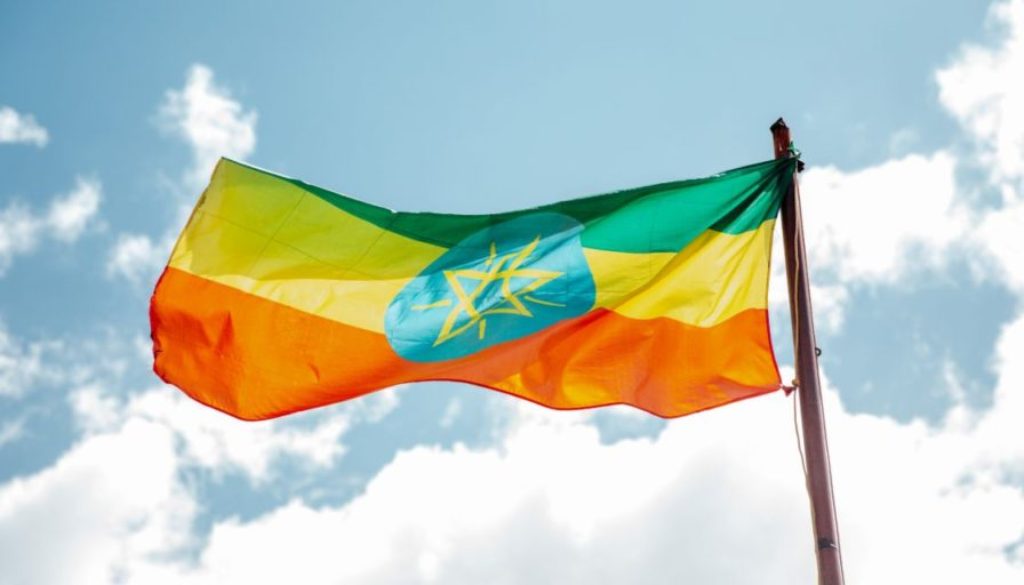
Known as the ancient motherland and realm of coffee, a special country, considered to be the region that saw the first humans travel to what has come to be called the Middle East, the Federal Democratic Republic of Ethiopia lies in the heart of the Horn of Africa. Nevertheless, last year this beautiful land became the epicenter of violence and a massive humanitarian crisis and consequently, the main point of the world’s attention.
The second most populous country in Africa, concentrating more than 80 ethnic groups between its borders, is surrounded by Eritrea, Sudan, South Sudan, Kenya, Somalia, Somaliland, and Djibouti. It is composed of ten regional states in a federation that was governed by a coalition of four parties for almost thirty years, with the Tigray People’s Liberation Front being particularly influential. However, after anti-government protests, a new Prime Minister, Mr. Abiy Ahmed, took power in 2018 and decided to change this system by creating one unified party called the Prosperity Party with a vision of a more unified nation. Accusing him of centralizing power, The Tigray People’s Liberation Front disagreed, causing the tension between this northern region and the capital, Addis Ababa, to increase. Unfortunately, not even a former peace agreement between Ethiopia and Eritrea, which brought to Mr. Ahmed a Nobel Prize for Peace in 2019, did not help to stabilize the situation as the territorial disputes between Eritrea and the Tigray region remain a sensitive topic for the state. Step by step the situation degraded, resulting in a major conflict in September when the Tigray region held its regional elections against the postponement ordered by the central government due to the pandemic. Later on, the government accused the Tigrayan forces of attacking military bases stocking weapons and ordered a military offensive. The war which followed and keeps spreading beyond the borders of Tigray, combined with a massive humanitarian crisis, still rages on…
With more than 2 million people displaced, fleeing notably to Sudan, and about 400 000 people affected by famine [1.8 million being on its brink], the crisis has reached alarming levels. More than 5 million people are in need of humanitarian aid, yet it is scarce in the region where the electricity and phone lines have been cut off, roads are often blocked and humanitarian food trucks are attacked. Both groups, the government forces joined by Eritrean ones and the Tigrayan regional forces are accused of violating human rights and shocking stories of extrajudicial killings, gender-based and ethnic violence are being revealed, particularly in the border areas which are strategic when it comes to supplies and connections to the rest of the state and to Djibouti. Massacres in Humera or in Dengelat demand international investigation but the area being cut off from the rest of the world, it is difficult to verify any kind of information. On the 10th of August 2021, a report by Amnesty International accused the government and aligned forces of using systematic rape as a weapon of war (link to the report below). Sixty –three women interviewed have confirmed that they were raped by the government army and the words crimes against humanity are echoing throughout the world.
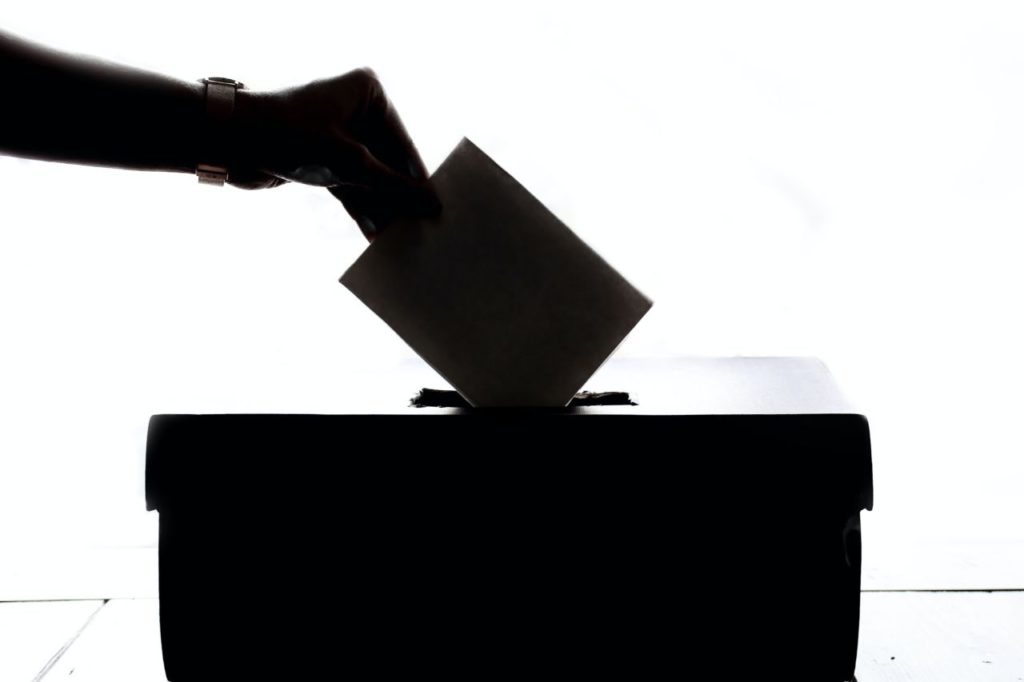
In July, the twice-postponed general elections finally saw the light of day, resulting in Mr. Abiy Ahmed taking on another 5-year term despite protests of the opposition parties that denounce a crackdown on their officials. However, about one-fifth of the country did not take part in the voting process because of insecurity or logistical problems, the Tigray region included. The voting for these affected areas is to be held in September. It is next to impossible to predict the evolution of the conflict but the main priority which remains is the cease of violence and safety of the population. It is thus crucial to help in order to change the situation. Slovakia, for instance, is home to many humanitarian organizations working in the region such as Integra, which is providing food and medical assistance. Another tip might be the UN’s World Food Programme, offering a practical donation app.
The people of Ethiopia deserve the world’s attention and above all peace. After all, it comes as unbearable to think that the nation, the PM of which has received a Nobel Prize for Peace, shall find itself ravaged by war…
Written by: Sofia Ontkovičová
